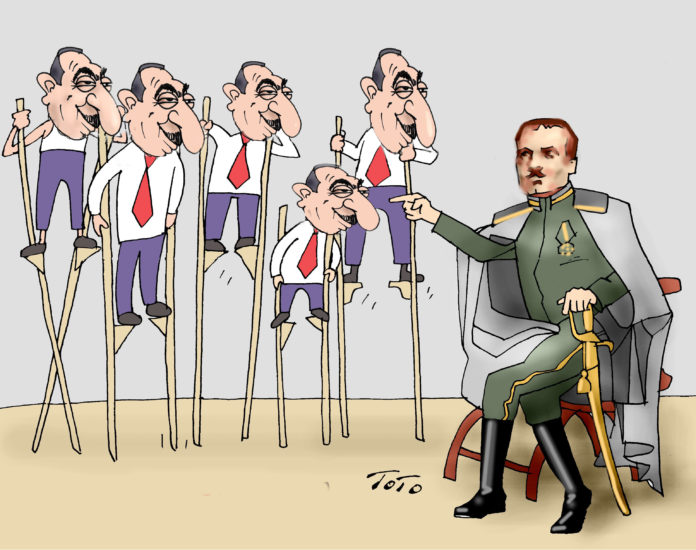The demons of history are once again haunting Armenia’s political life. The memory and legacy of Garegin Nzhdeh have been resurrected and have become a controversial topic in the political discourse between Armenia and Russia, with the spillover affecting Azerbaijan.
In recent years, every time Russian-Armenian relations hit a snag, Russian Foreign Ministry Spokesperson Maria Zakharova referred to the issue of Garegin Nzhdeh, who is revered in Armenia and to whom monuments are dedicated in Yerevan, Kapan and at the monastery of Spitakavor. Recently, criticism of Nzhdeh’s legacy has been amplified and has been overshadowing Armenia’s foreign policy.
A controversy erupted in the Krasnodar region of Russia; the Armenian church in Armavir has a monument dedicated to Nzhdeh, along with General Andranik. For the locals, Nzhdeh remains a controversial figure and the monument has caused an outrage, to the extent that the city’s authorities have asked the church to dismantle the monument.
But a city council deputy, Alexey Vinogradov, took the initiative to vandalize the monument by spraying it with black paint, even before the church authorities were allowed time to take down the monument.
The Russian state Duma has condemned the act of vandalism and Armenia’s foreign minister, Zohrab Mnatsakanyan, at this time is faced with the delicate task of handling the case with the Russian authorities.
Azerbaijan is clearly behind the provocation. The government in Baku has decided to make this case as a cause celebre, since Nazi collaboration still remains an incendiary issue with the Russian public.








